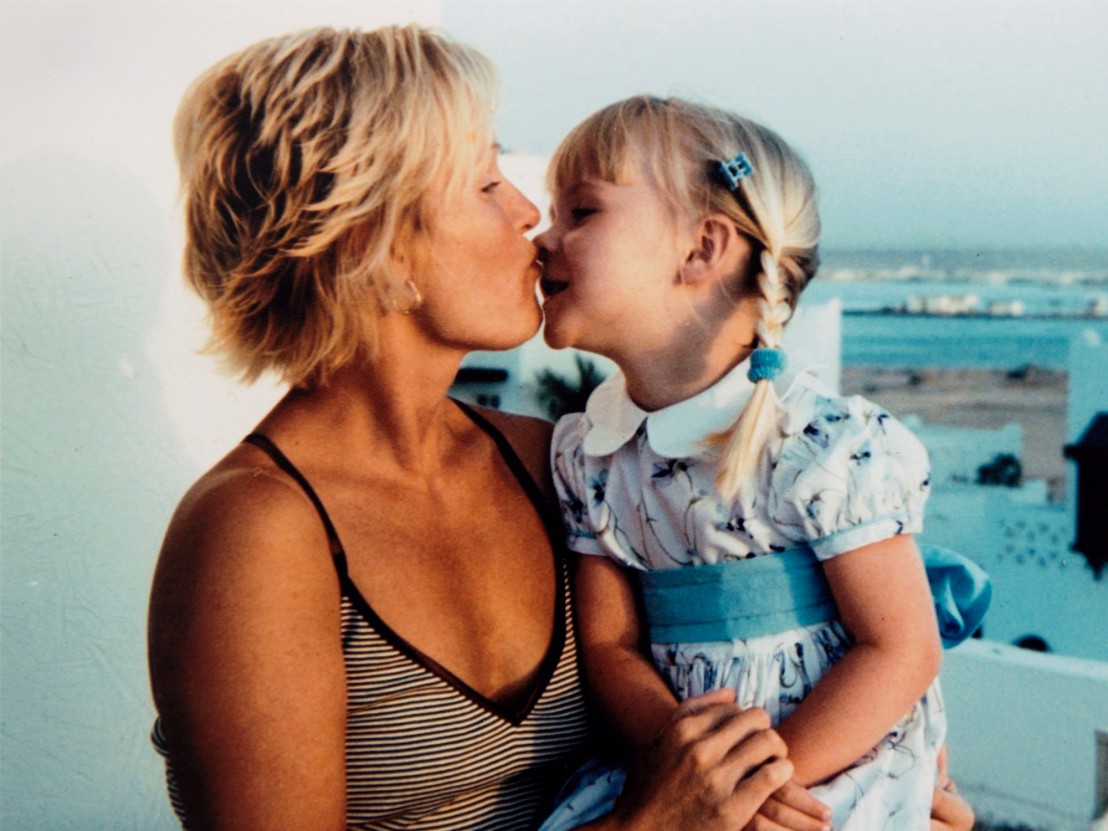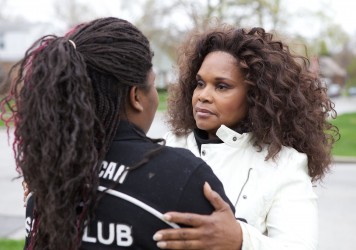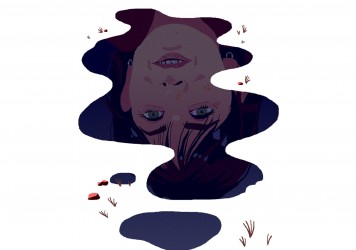
We most commonly experience women murdered by their partners as ghoulish news items – tragic faces that link together to form tragic statistics. Documentarian Vanessa Engle has taken it upon herself to humanise 86 of these cases in an hour-long BBC film, Love You To Death. This is the number of British women who died at the hands of their husbands, partners or ex-partners between 1 January and 31 December 2013.
Engle uncovered this figure by starting with Karen Ingala Smith’s website ‘Counting Dead Women’, which reports that 145 UK women were killed through suspected male violence in 2013. Engle then conducted her own research focusing on intimate partner violence perpetrated against British women in 2013. She trawled through national and local newspapers until she had a cast-iron number.
Eighty six victims means 86 surviving sets of families, friends, siblings, neighbours, children and parents. Through the words of people that loved them, we learn what these women meant to the survivors, how these women met the men that killed them and the chillingly practical details of how the men performed their fatal deeds. The most striking moments involve the testimonies of children suddenly left semi-orphaned. Chantelle Barnsdale-Quean was strangled by a one metre length of chain from B&Q by her husband, Stephen, who is now serving life in jail. The pair had two pre-pubescent girls, who now live with Chantelle’s parents.
Engle chats with the children as they lie on the floor of their bedrooms, dressed in school uniforms, colouring in with their mother’s favourite colour pens, pink and purple. “It’s really weird because her younger brother is now older than her. It’s really really weird.” says the older girl in a strangely ebullient tone. The youngest proudly points out her mother in a framed photo. Chantelle has long blonde hair and an easy, amiable smile. The tense that the girls use to refer to her changes between past and present. Sometimes the animation of their loving references create the sense that she’s still alive somewhere. Their youthful spirit is a marked contrast to the robotic monotones and haunted stares found elsewhere. All of the personal testimonies are incredibly moving. Grief stems from multiple sources: an absence, the cause of the absence and the ongoing struggle to make sense of real horror.
Only seven of the 86 families Engle approached appear in the documentary. Those that participate take it in turns to read the full list of the names of the dead and the details of their deaths. Engle created a massive board partitioned into 12 sections to correspond to the 12 months of the year. In each partition are photos of smiling women supplemented by newspapers cuttings and post-it notes providing information about the circumstances of their murders. This scene opens the documentary. The weight of so many suffering sets a sorrowful and bewitching tone that only intensifies.
The goal of Love You To Death is more to provide individual memorials than to engage in a neat story arc. There is a seething mass of intrigue in the details that emerge about the men that killed these women. We don’t hear directly from any perpetrators but two different voices are heard over the phone. One belonged to Lee Birch who strangled his estranged wife, Anne-Marie Birch, in a field in Ramsgate with a dog leash after a long campaign of harassment. He then returned the dogs she had been walking to their owners, used Tesco toilets to clean himself up, went to the pub where CCTV footage shows him drinking two and half pints before calling the police to turn himself in.
He says of Anne-Marie’s body, “come and get her,” in the paternal tone of a man who might be talking about a wife who has had too much to drink. Having taken care of his business, Lee initiates the consequences of his actions. This is not the case across the board. Indeed nothing is the case across the board. Themes of domestic violence and controlling behaviour emerge but there are exceptions in which mental illness or dementia or unfathomable mystery precedes the most irreversible of crimes.
This is not a documentary that prescribes activism or answers. It is preoccupied with the step that comes before all of that: recognition. Recognition of 86 women aged between 17 (Jayden Parkinson) and 87 (Betty Gallagher) whose brutal deaths have traumatised those left behind. Love You To Death is not an easy watch. But to look away is to ignore clues about dangerous people that may one day add up to saved lives. What’s more, to look is to join Engle in a show of bold curiosity and empathy for women whose ordinary desire for love led to extraordinary injustice.
Love You To Death will premiere on BBC 2 at 9pm on Wednesday 16 December. The film will subsequently be available on iPlayer for 30 days.
Published 15 Dec 2015

A sex-worker turned feminist-force-of-nature is Kim Longinotto’s guide to Chicago in her characteristically great documentary.

The acclaimed British documentarian on Dreamcatcher and why we all need to start standing up to child abuse.

Read part one of our countdown celebrating the greatest female artists in the film industry.